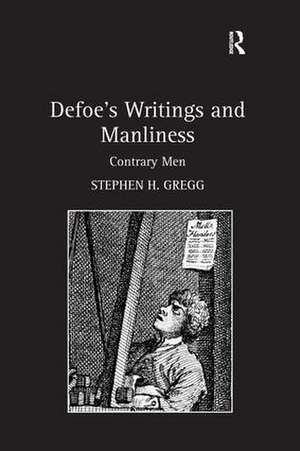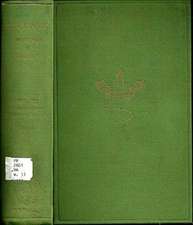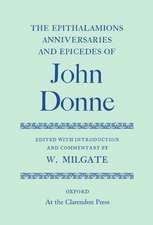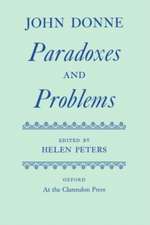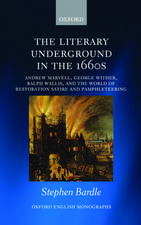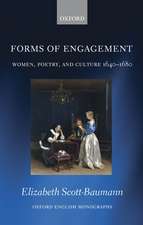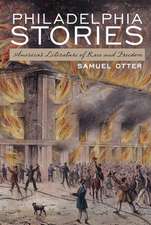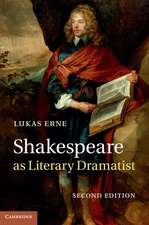Defoe’s Writings and Manliness: Contrary Men
Autor Stephen H. Greggen Limba Engleză Hardback – 14 oct 2009
Preț: 1057.09 lei
Preț vechi: 1289.13 lei
-18% Nou
Puncte Express: 1586
Preț estimativ în valută:
202.33€ • 210.43$ • 169.55£
202.33€ • 210.43$ • 169.55£
Carte tipărită la comandă
Livrare economică 13-27 martie
Preluare comenzi: 021 569.72.76
Specificații
ISBN-13: 9780754656050
ISBN-10: 0754656055
Pagini: 208
Ilustrații: black & white illustrations
Dimensiuni: 156 x 234 x 13 mm
Greutate: 0.52 kg
Ediția:New ed
Editura: Taylor & Francis
Colecția Routledge
Locul publicării:Oxford, United Kingdom
ISBN-10: 0754656055
Pagini: 208
Ilustrații: black & white illustrations
Dimensiuni: 156 x 234 x 13 mm
Greutate: 0.52 kg
Ediția:New ed
Editura: Taylor & Francis
Colecția Routledge
Locul publicării:Oxford, United Kingdom
Notă biografică
Dr Stephen H. Gregg is Senior Lecturer in English at Bath Spa University, UK.
Recenzii
'Stephen Gregg's fine study recovers the full range of attitudes and sources that fed Defoe's complex vision of masculinity and delivers one of the more unflinching examinations of Defoe's unnerving ability to get mileage out of contradiction and perversity. This is a highly welcome contribution to the gradually growing canon of books about Defoe and gender.' Wolfram Schmidgen, Washington University, USA ’Stephen H. Gregg has written a timely and much-needed study of Daniel Defoe... By the end of the study a reader feels that he or she has been in the company of a scholar steeped in the work of Daniel Defoe. ... Gregg has offered us a breath-taking and comprehensice grasp of Defoe [...] and the very complexity of his argument means that it will be able to shape our thinking about Defoe for some time to come.’ Digital Defoe 'In showing the varieties of manliness that Defoe engages in his writings, Gregg has broadened our understanding of both Defoe and the intricacies of eighteenth-century maleness in some provocative and persuasive ways. This well-written study is shrewd in its assessments, theoretically sophisticated, and wide-ranging in its use of literary and cultural evidence.' Eighteenth-Century Fiction 'Sketching a broad canvas beyond Defoe’s texts, Gregg demonstrates eloquently that ’manliness is shaped by the intermittent tensions and fitful syntheses between a variety of contrary forces in Defoe’s writings: between, for example, commerce and civic humanism; Christian and Classical virtue; patriarchy and companionate marriage; gentility and gentlemanliness; or between private friendship and public spirit’.' Notes and Queries
Cuprins
Acknowledgments; List of Abbreviations; Defoe, manliness and effeminacy; Chapter 1 ‘Complete’ men, trade and history; Chapter 2 Born gentlemen and godly manliness; Chapter 3 Crusoe, toil and temptation; Chapter 4; A Journal of the Plague Year; : godly manliness under stress; Chapter 5 Singleton, friendship and secrecy; Chapter 6 Colonel Jack and the perils of delusion; Contrary Men;
Descriere
Defoe's Writings and Manliness is a timely intervention in Defoe studies and in the study of masculinity in eighteenth-century literature more generally. Arguing that Defoe's writings insistently returned to the issues of manliness and its contrary effeminacy, this book reveals how his writings drew upon and repeatedly tested the complex and diverse range of discourses through which masculinity was discussed in the period.
